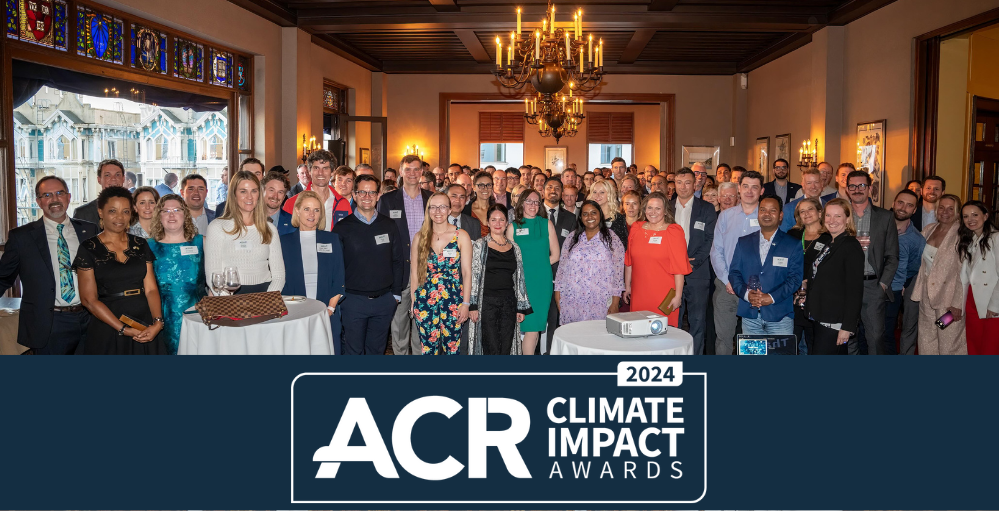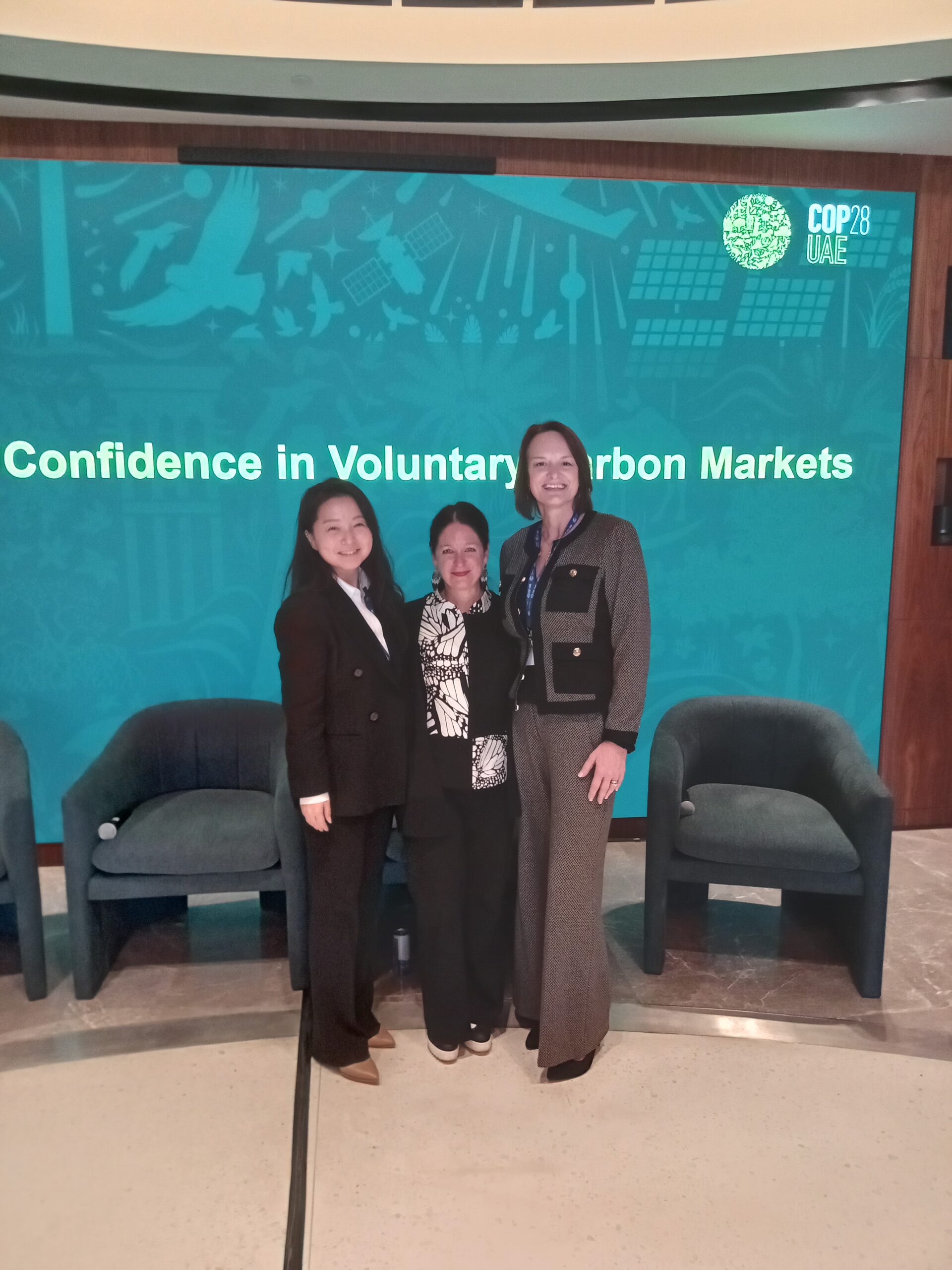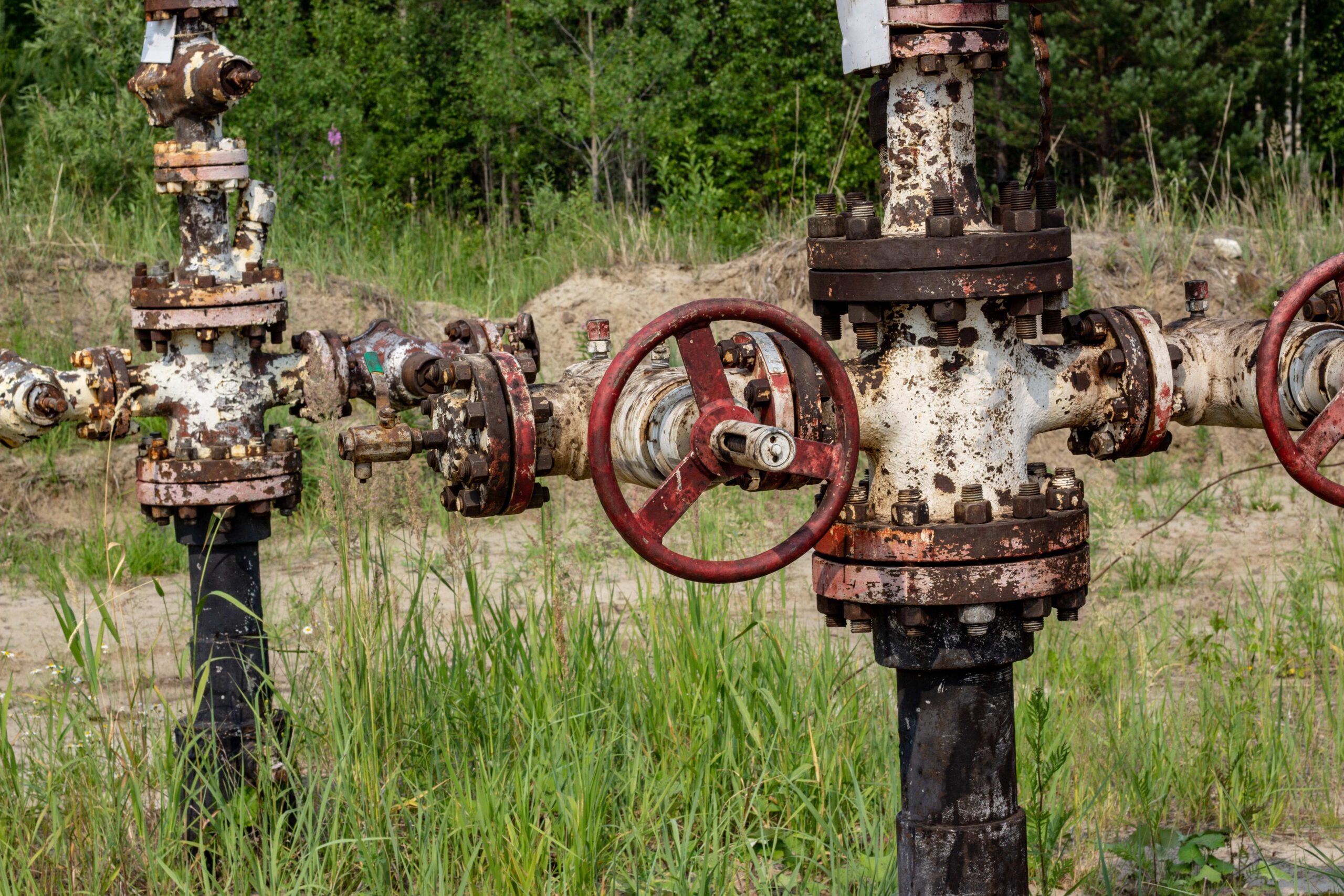Integrity
We are trusted for our focus on sound science and environmental rigor
Impact
We believe in markets to deliver ambitious climate results at scale
-
270+million tons of CO2e credits issued
-
686emissions reduction and removals projects
-
11.7Macres restored, conserved or sustainably managed
Innovation
We pioneer new ways to finance emission reductions and removals in key sectors.
Our Markets
In both compliance and voluntary carbon markets, we oversee the registration and independent verification of carbon emission reduction and removals projects for conformance with science-based carbon accounting methodologies, and we issue serialized credits on a transparent registry.
Learn moreOur Program
We develop rigorous standards, methodologies and tools for greenhouse gas accounting. We only register project-based carbon credits that are real, additional, permanent and independently verified.
Learn more



